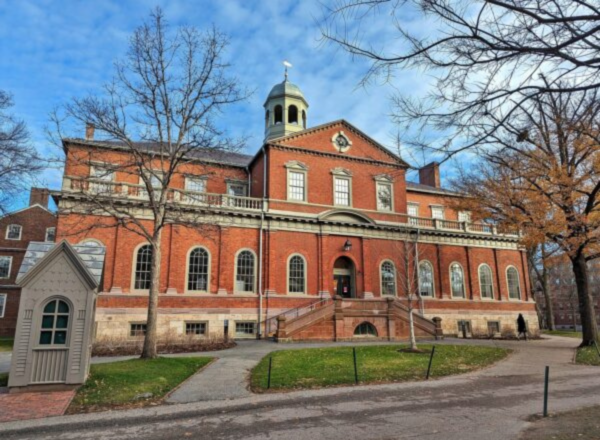A paradox in the housing market and Greater Boston’s solution
Writer: Andrea Teran
 May 2024 — Boston was recently identified by Altos Research as the hottest U.S. housing market, with the Boston-Cambridge-Quincy, MA-NH metropolitan area leading with a Market Action Index score of 60.59 in February 2024. Despite this apparent market heat, local real estate agents face significant challenges due to a drastically low inventory of available homes.
May 2024 — Boston was recently identified by Altos Research as the hottest U.S. housing market, with the Boston-Cambridge-Quincy, MA-NH metropolitan area leading with a Market Action Index score of 60.59 in February 2024. Despite this apparent market heat, local real estate agents face significant challenges due to a drastically low inventory of available homes.
“There is a significant lack of inventory, to the point where there are so many more buyers that are desperately trying to find a home, than there are options out there for them to even potentially find anything,” said Nicole Howley, a Coldwell Banker Realty agent based in Bedford, NH, as cited by Housing Wire, “It is an extremely challenging real estate market right now.”
As of March 31, 2024, the region reported only 1,176 real estate listings available for sale, according to Zillow, with an average price of $741,153, reflecting a 3.7% increase over the past year. Additionally, 28.5% of properties sold finalized at prices over the listed amount. This shortage has reignited aggressive buying tactics, such as offering above asking price and waiving home inspections, to secure purchase.
The economic disparity between wage growth and home prices in Boston is stark. A study by Realty Hop highlights this divide: For Boston, in 1970, the median family income was $9,133, and by 2022, it had increased sixfold to $106,015. In contrast, home prices have surged more dramatically, escalating from a median value of $19,600 in 1970 to $684,900 in 2022 — more than 18 times their original figure. This disproportionate increase in home prices compared to wages has drastically widened the affordability gap.
Kenzie Bok, head of the Boston Housing Authority (BHA), describes the housing situation as a systemic issue, likening America’s housing framework to a sieve with inherent flaws designed to maintain high rents, according to CommonWealth Beacon. The strain on public housing is evident, with historic waitlists and a stagnant turnover rate exacerbated by a lack of market housing for potential movers.
Projects like the redevelopment of the Mary Ellen McCormack community, which involves an investment of $2 billion, are aimed at transforming one of the nation’s oldest public housing projects into a mixed-income, resilient community. This project promises to introduce 3,300 new residential units over the next decade and includes comprehensive community support services and infrastructure improvements.
The MBTA Communities law, passed in January 2021, mandates that 177 cities and towns served by the Massachusetts Bay Transportation Authority (MBTA) adopt new zoning plans to allow for more multifamily housing. The law aims to increase housing density and availability by the end of 2025, facilitating easier construction of apartment buildings and condominiums. This initiative represents one of the most extensive municipal zoning reforms in the state’s history and is a direct response to the acute need for more housing in densely populated areas around Boston.
“The redevelopment of Mary Ellen McCormack directly addresses the greatest issues facing greater Boston—housing availability, costs, and climate change,” said Andrew Colbert, vice president of development at WinnDevelopment, as cited by Housing Finance, “Our community-informed plan integrating homes, public spaces, walkable streets, services, and retail businesses will activate the community and encourage greater connectivity with the surrounding neighborhood. All aspects of the project incorporate resiliency measures into the design to adapt to the future climate conditions.”
Massachusetts Governor Maura Healey has proposed a significant increase in state funding for housing through a $4.1 billion housing bond bill. This bill is designed to support the creation and preservation of approximately 70,000 housing units across the state. The legislation includes provisions for easier construction of accessory dwelling units and aims to seal tenants’ eviction records to prevent long-term housing disadvantages.
For more information, please visit:













